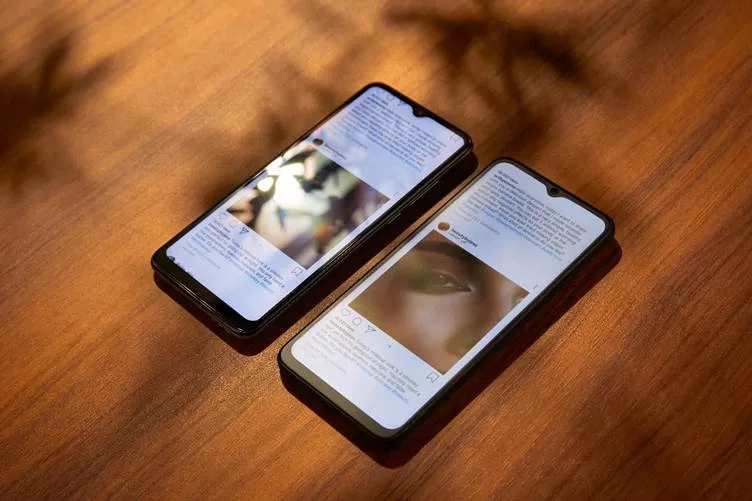Today’s children are growing up in a tech-dominated world, coming across smartphones and social media for the first time within their early years. Parents face a difficult balance between allowing kids to enjoy the benefits of digital technology while protecting them from its dangers. TCL takes a look at parents’ technology predicaments.
On the positive side, smartphones give children access to a world of educational resources and enable them to keep in touch with friends and families. But there are also growing concerns about how exposure to technology might affect early childhood development as well as the mental health of kids from toddlers to teenagers.
Worries about cyberbullying and exposure to age-inappropriate content or misinformation are well-founded. While the research shows mixed results, there is also evidence that overuse of smartphones at an early age can lead to sleep problems, difficulties in communicating and mental health challenges.
However, many of these concerns can be mitigated through parental supervision and the setting of clear age-appropriate guidelines. Here is what experts recommend in terms of general age-by-age guidelines, with the caution that what works for one child or family might not be the right fit for another.
Under-fives: Most educationalists and child psychologists recommend limited exposure to screen for children under the age of five. They should not spend more than 30 minutes to an hour a day watching screens, including phones and TVs. Adults should supervise the content they access, focusing on educational apps or activities like video calls with family. Smartphone use should not replace active play, creativity, or sleep. Most parents won’t give a child their own tablet or phone at this age.
Primary school: At this age, children should not spend more than an hour or two on screens. Content should be educational or interactive apps and kids of these age should not be on social media. Parents should review apps and games, monitor screen time, and establish rules for when and where smartphones can be used (for example, no devices during meals or before bed). They should encourage a balance between screen time and real-world activities, like reading, sports or hobbies.

Preteens: Many parents will consider giving their children a phone of their own at the age of 10 to 12. However, usage should still be monitored and supervised. Depending on the child’s maturity, they might be ready to be introduced to social apps with parental control and guidance. It’s essential to teach children about how to protect themselves from risks such as scams, cyberbullying, privacy and malware at this age. Parents should set boundaries such as screen-free times during homework or family meals.
Teens: If parents have instilled good smartphone habits in children from a young age, they should be able to self-regulate by the time they reach high school. However, parents should take a non-judgmental and open approach to talking about teens about their smartphone habits. Dialogue about how, when, and why smartphones are used—and risks such as privacy breaches and bullying—can help teens make the most of their phones. This approach builds trust, reinforces responsible habits and empowers teens to make better choices.





























